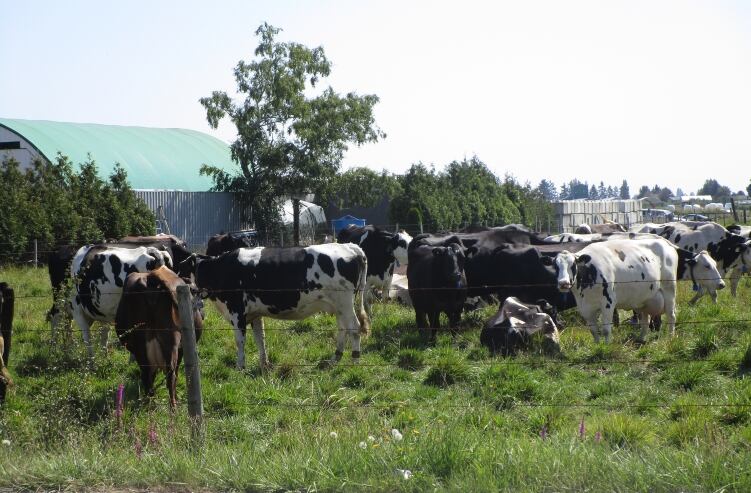In August 2019, Bibeau announced C$1.75bn (US$1.35bn) would be provided to compensate Canadian dairy farmers over eight years.
Between December 2019 and January 2020, more than 10,000 dairy farmers received a cash payment of C$345m (US$266m). The Government has set a schedule to deliver the remaining C$1.405bn (US$1.08bn) through direct payments to farmers over a timeline of three years.
Dairy farmers will receive, on the basis of their milk quota, cash payments of C$468m (US$361m) in 2020-21, C$469m (US$362m) in 2021-22 and C$468m (US$361m) in 2022-23. The owner of a farm with 80 dairy cows will be awarded compensation in the form of a direct payment of approximately C$38,000 (US$29,315) each year. These amounts also build on the C$250m (US$193m) CETA on-farm investment program, and provide certainty on the schedule and form of remaining payments in the C$2bn total compensation package for dairy farmers.
The Government said it remains committed to engaging the sector on compensation for the Canada-United States-Mexico Agreement (CUSMA), and to processors of supply managed products.
Dairy Farmers of Canada (DFC) welcomed the news.
"Dairy farmers want to invest in their farms to innovate and increase efficiencies,” Pierre Lampron, president of DFC said.
“Our objective is to be better prepared to face the intensification of competition from imported dairy products made from milk produced elsewhere, as a result of CETA, CPTPP and more recently the Canada-US-Mexico Agreement (CUSMA). These important investments on the farm can only come with a level of certainty as it relates to the promised compensation. Reducing the timelines for the scheduled payments is recognition by the government of the importance of the foreign competition we face, this is why today's announcement is so significant.”
In 2020, DFC said had three items to achieve on its workplan with government: Obtaining the payment for year two of the government's eight-year compensation package for CETA and CPTPP; developing a schedule of payments for the remaining years; and developing a plan for full and fair compensation for CUSMA.
"I want to thank Prime Minister Trudeau for following up on his commitment. We now turn our attention to the last item on the workplan, compensation for CUSMA, and we look forward to engaging with Deputy Prime Minister Freeland and Minister Bibeau," Lampron said.
The DFC said the Canadian dairy farming sector’s ability to succeed has been jeopardized by the signing of the three trade agreements, adding that by 2024, 18% of domestic dairy production will have been outsourced to foreign producers who will supply milk for imported dairy products that wind up on Canadian store shelves.
The dairy sector supports more than 221,000 full-time jobs, contributes C$19.9bn (US$15.4bn) annually to Canada's GDP, and generates C$3.8bn (US$2.9bn) in tax revenue every year.

